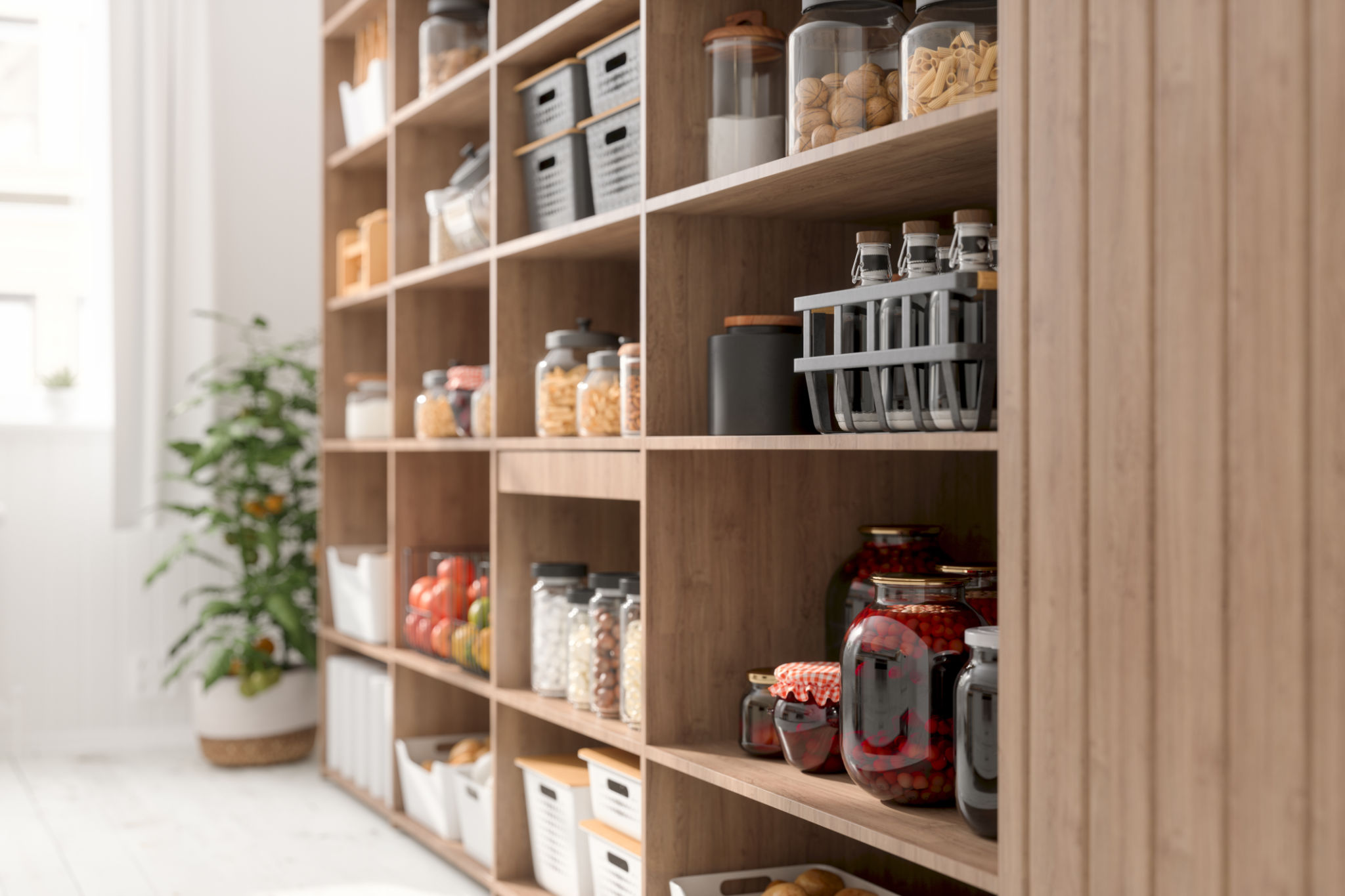How to Detox Your Kitchen: Tips for a Healthier Cooking Environment
Declutter Your Pantry
The first step to detoxing your kitchen is to declutter your pantry. Start by removing expired items and products that contain artificial preservatives, additives, or high levels of sugar. Replace them with fresh, wholesome ingredients like whole grains, nuts, and seeds. Keeping a well-organized pantry not only makes meal preparation easier but also helps you make healthier choices.

Choose Non-Toxic Cookware
Many conventional cookware options can release harmful chemicals into your food. Opt for non-toxic alternatives such as stainless steel, cast iron, or ceramic. These materials are not only durable but also safe for cooking at high temperatures. Always check for labels that ensure the cookware is free from PFOA and PTFE.
Invest in Quality Storage Containers
Switching to glass or stainless steel containers from plastic ones can significantly reduce your exposure to harmful chemicals like BPA. Look for leak-proof, airtight options that keep your food fresh and safe. Glass containers are also microwave and dishwasher safe, making them a practical choice for daily use.

Prioritize Fresh Produce
Stock your kitchen with fresh fruits and vegetables to encourage healthier eating habits. Consider shopping at local farmers' markets where you can find organic and seasonal produce. Wash all produce thoroughly to remove pesticides and other contaminants. If possible, grow your own herbs or small vegetables in a kitchen garden for the freshest ingredients.
Eliminate Processed Foods
Processed foods often contain high levels of sodium, sugar, and unhealthy fats. By eliminating these from your kitchen, you'll be reducing your intake of substances that can lead to chronic health issues. Instead, focus on preparing meals from scratch using whole ingredients. This not only supports better health but also enhances the flavor of your dishes.

Enhance Air Quality
A healthy kitchen environment goes beyond just the food you prepare. Ensure proper ventilation by using range hoods or opening windows while cooking to reduce smoke and odors. Houseplants can also improve air quality by filtering out toxins and adding a touch of greenery to your space.
Adopt Sustainable Practices
Embrace sustainable practices in your kitchen to benefit both your health and the environment. Compost food scraps, recycle packaging, and reduce water usage where possible. Opt for reusable cloths instead of paper towels and consider energy-efficient appliances to further reduce your carbon footprint.
Conclusion: Create a Healthier Kitchen
Detoxing your kitchen is an ongoing process that involves making conscious choices about what you bring into your home. By following these tips, you can create a cooking environment that supports both your health and well-being. Remember, even small changes can have a significant impact over time.
